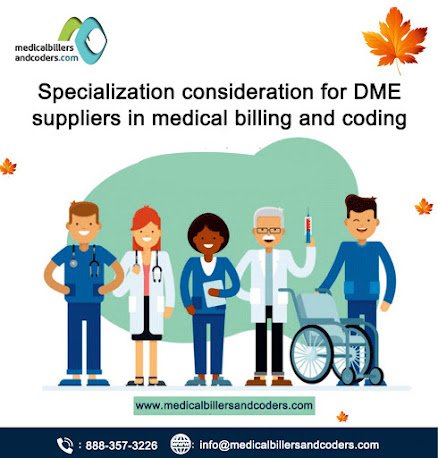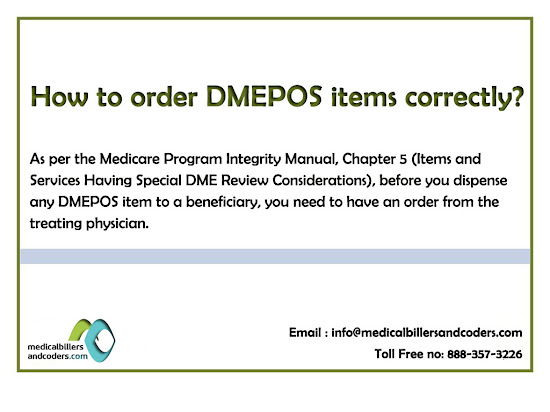Challenges and Opportunities of Durable Medical Equipment Practice (DME)
The necessity of Durable Medical Equipments (DMEs) had never been so high – in the U.S. 30% to 54% of those over 65 years have some form of disability; around 75% to 90% of such disabled require some form of DME to keep them mobile or enabled. It is also estimated that around 1.5 million people are currently in need of wheelchairs and braces. And, when you add the population that is likely to be in need of other forms of durable medical equipment – prosthetics, orthotics, and supplies (DMEPOS) – it will be some opportunity for people involved in Durable Medical Equipment Practice Services: physicians, pharmacies, and manufacturers/suppliers. But, because DME services are physician-recommended, we are more interested in how physicians themselves can recommend, source, and administer DMEs. While physicians can benefit immensely from an integrated DME management, there are challenges on the way – being equipped with a Medicare-enrolled and recognized pharmacy, sourcing suppl...






